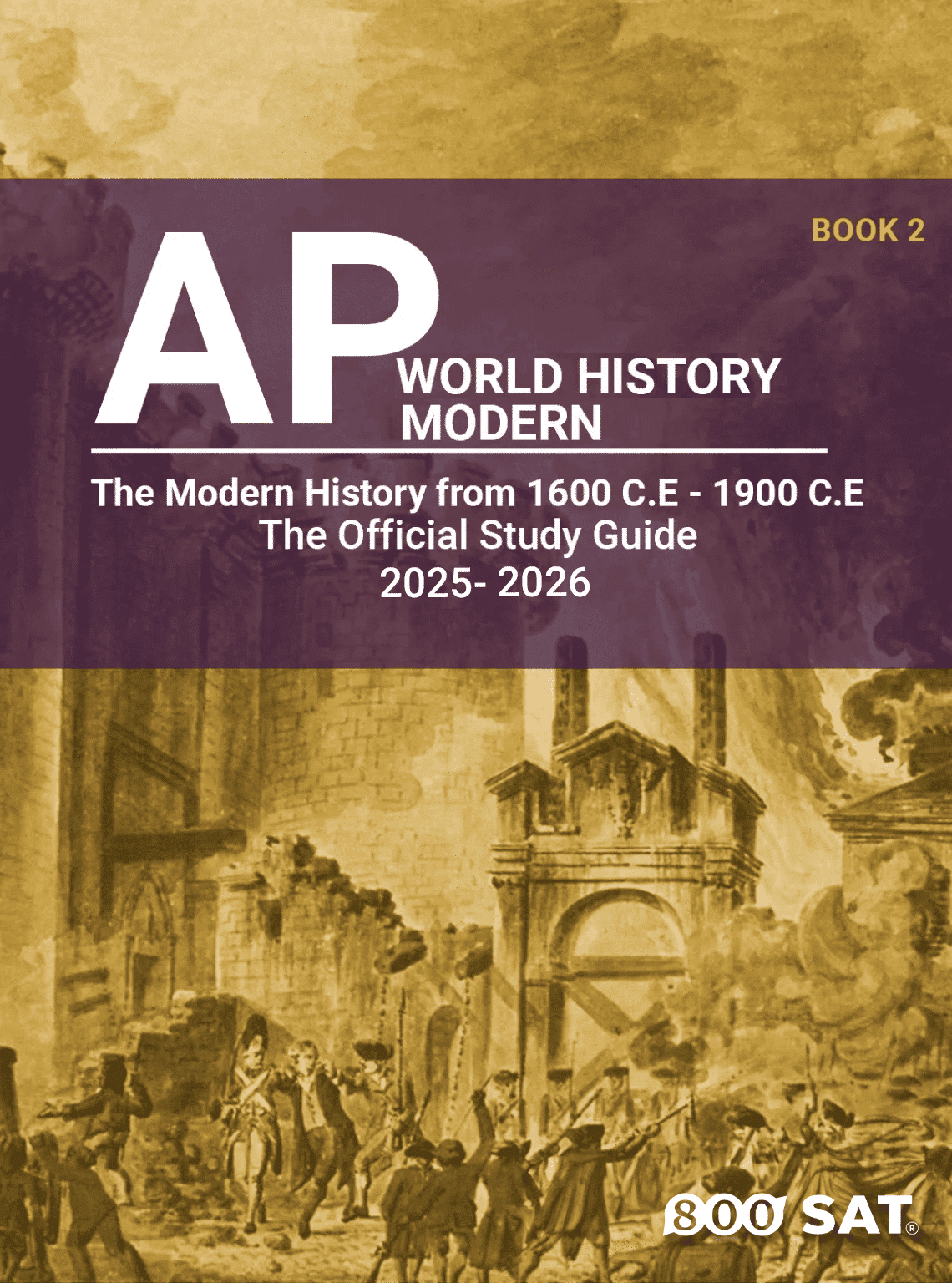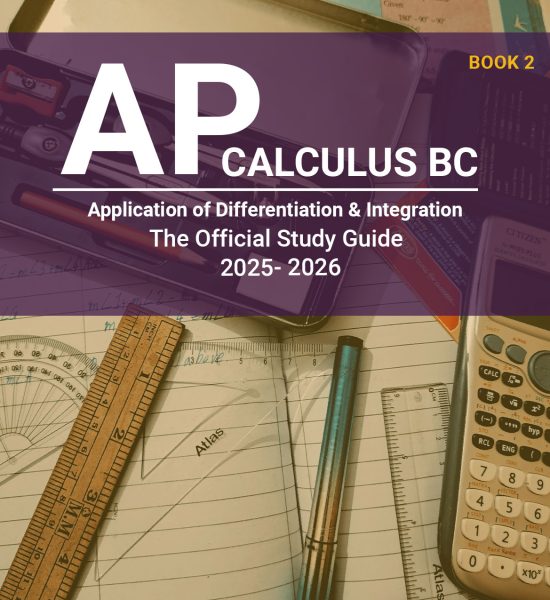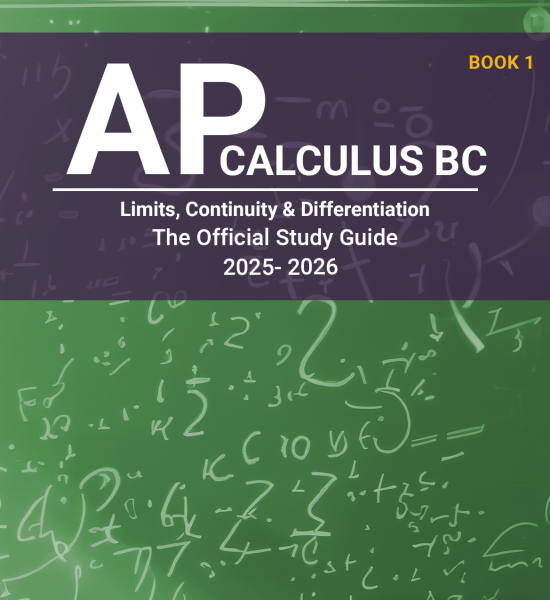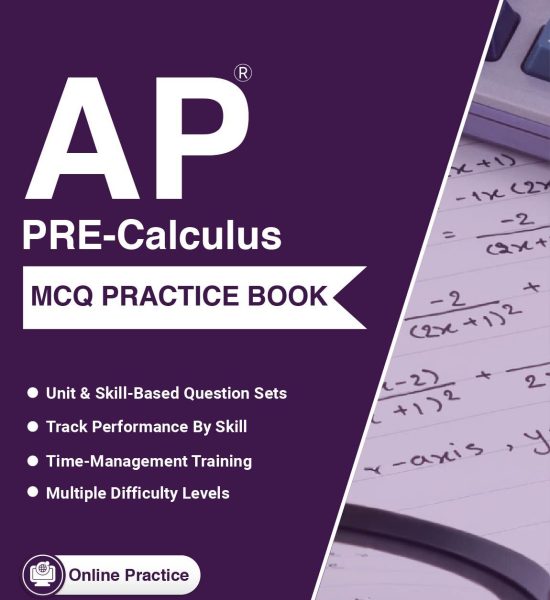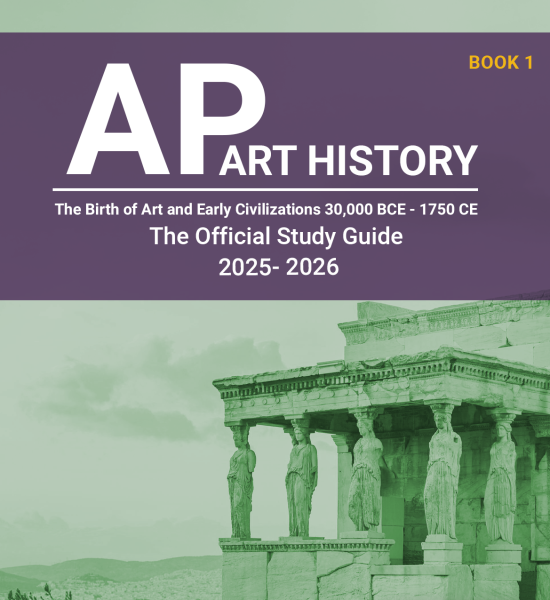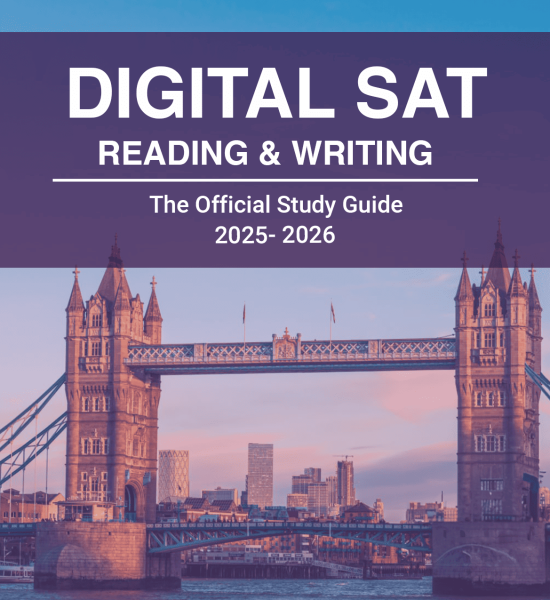AP World History Modern Book 2: The Modern History 1600 C.E – 1900 C.E
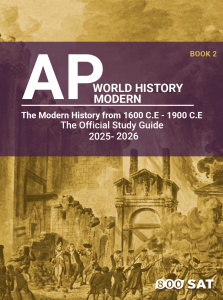 The AP World History Modern Orange Module (Part 2) explores a crucial period in global history, from 1600 C.E. to 1900 C.E. This module covers major events, changes, and figures that shaped the modern world over these three centuries.
The AP World History Modern Orange Module (Part 2) explores a crucial period in global history, from 1600 C.E. to 1900 C.E. This module covers major events, changes, and figures that shaped the modern world over these three centuries.
Key Themes and Topics:
- Global Interactions and Economic Systems:
- Colonial Empires: European countries established colonies in the Americas, Asia, and Africa.
- Slave Trade: The transatlantic slave trade impacted African societies and the global economy.
- Trade and Economy: The growth of mercantilism and capitalism led to global trade networks.
- Industrial Revolution: Shift from farming to industry changed production, labor, and society.
- Political Revolutions and Independence Movements:
- English Civil War and Glorious Revolution: Set the stage for constitutional monarchy and parliamentary democracy.
- American Revolution: Led to the founding of the United States and inspired other independence movements.
- French Revolution: Brought major changes in Europe and introduced new political ideas.
- Latin American Independence: Countries in Latin America gained independence from Spanish and Portuguese rule.
- Cultural and Intellectual Developments:
- Enlightenment: Focus on reason, science, and individual rights, influencing politics and society.
- Spread of Ideas: Enlightenment ideals spread through books, salons, and academic societies.
- Romantic Movement: Emphasized emotion, nature, and individualism in reaction to the Enlightenment.
- Education: New schools and philosophies shaped modern thought and culture.
- Social Structures and Gender Roles:
- Social Changes: Industrialization affected cities, families, and work.
- Reform Movements: Efforts to improve labor conditions, education, and address social inequalities.
- Women’s Roles: Early feminist movements fought for women’s rights, education, and the right to vote.
- Technological and Scientific Advances:
- Industrial Innovations: Steam engines, textile machines, and improvements in transportation and communication.
- Scientific Breakthroughs: Advances in chemistry, biology, and physics expanded knowledge.
- Impact on Life: Technology changed daily life and enabled global exploration and imperial expansion.
- Imperialism and Global Power Shifts:
- European Imperialism: Expansion in Africa, Asia, and the Pacific driven by economic and strategic interests.
- Effects on Colonies: Colonized peoples faced resistance movements, cultural exchanges, and new political boundaries.
- Power Dynamics: European nations gained dominance while non-European societies experienced varying degrees of control.
This module helps students analyze historical evidence and think critically about the past. By studying global events and processes, students will understand how the modern world was shaped between 1600 and 1900. The course also highlights diverse perspectives and contributions from different cultures and regions.
Course Features
- Lectures 11
- Quiz 1
- Duration 52 weeks
- Skill level All levels
- Language English
- Students 146
- Assessments Yes
- 1 Section
- 11 Lessons
- 52 Weeks
- Modern History12
- 1.1Transformation & Power in Europe
- 1.2The Age of Reason
- 1.3The New World
- 1.4Change in East Asia
- 1.5Islamic Empires
- 1.6Revolutions Across the World
- 1.7The Influence of Revolutions
- 1.8The Age of Industrialization
- 1.9The Age of Independence of the Americas
- 1.10The Age of Imperialism
- 1.11Chapter 3 Summary
- 1.12Assessment 3: AP Modern World History22 Minutes22 Questions


